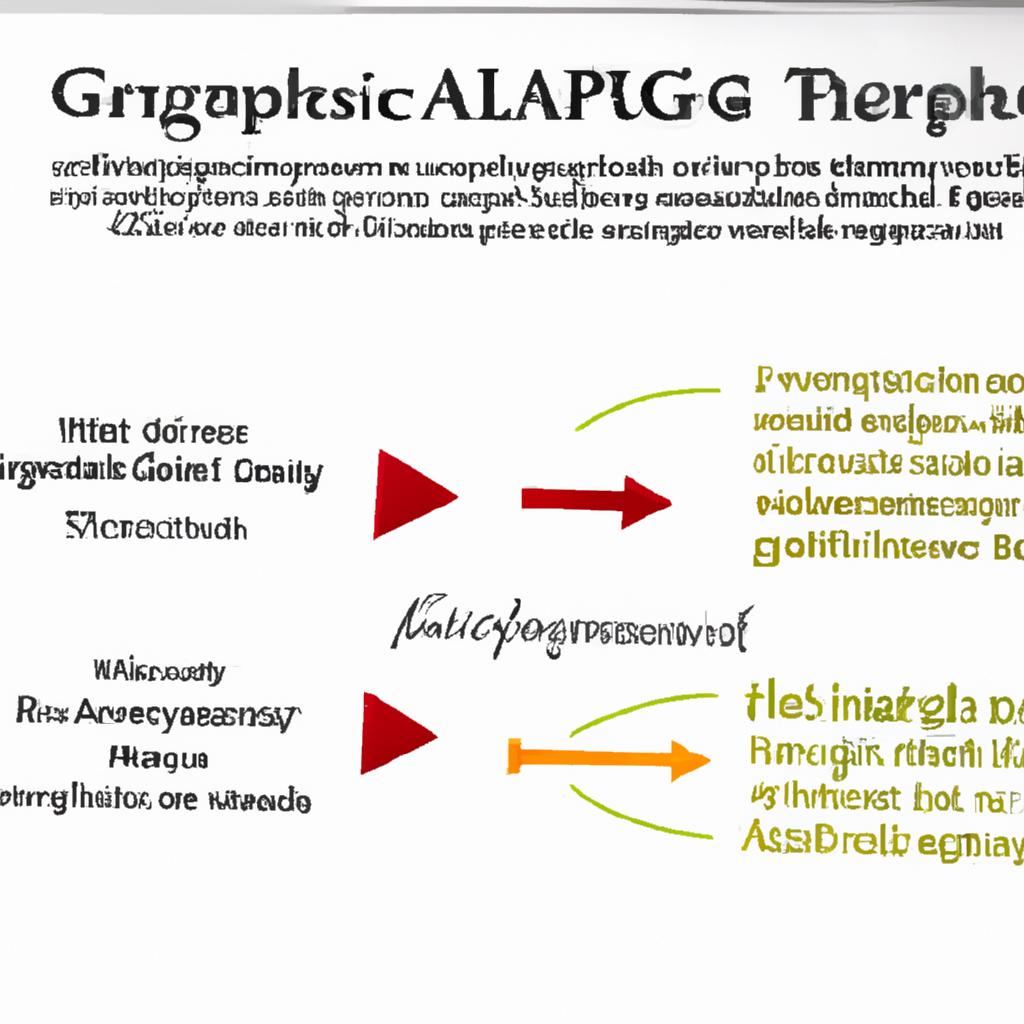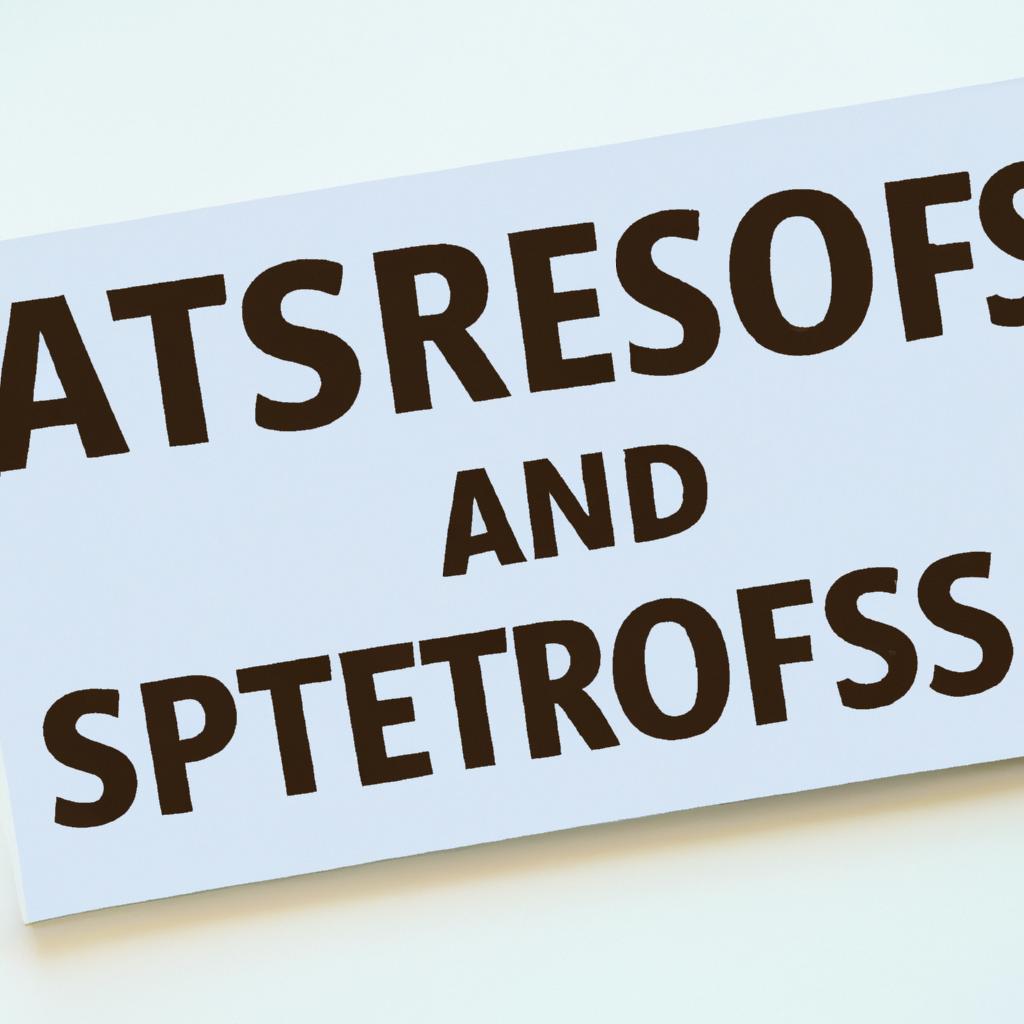**”The Role of GLP-1 Agonists in Supporting Behavioral Changes for Sustainable Weight Management: Integrating Pharmacotherapy with Lifestyle Modifications”**
The Role of GLP-1 Agonists in Supporting Behavioral Changes for Sustainable Weight Management: Integrating Pharmacotherapy with Lifestyle Modifications
Weight management has become a prevalent health concern in today’s society, with rising rates of obesity leading to various chronic conditions such as diabetes and heart disease. While lifestyle changes, including diet and exercise, are critical for achieving and maintaining a healthy weight, pharmacotherapy has emerged as a valuable tool in this endeavor. One class of medications that has garnered attention for its role in weight management is GLP-1 agonists. This blog post explores the integration of GLP-1 agonists with lifestyle modifications, emphasizing their role in supporting behavioral changes for sustainable weight management.
Understanding GLP-1 Agonists
What are GLP-1 Agonists?
GLP-1 (glucagon-like peptide-1) agonists are a class of medications that mimic the action of the naturally occurring hormone GLP-1. This hormone plays a significant role in regulating appetite and glucose metabolism. GLP-1 agonists, such as liraglutide and semaglutide, are primarily used to treat type 2 diabetes but have also been found to promote weight loss. Consequently, they have gained popularity as an adjunct to lifestyle modifications aimed at weight management.
How Do GLP-1 Agonists Work?
These medications work by enhancing insulin secretion in response to meals, reducing glucagon levels, and slowing gastric emptying. Therefore, individuals experience increased satiety, which can lead to reduced caloric intake. Moreover, the psychological aspect of hunger is also addressed, as patients often report feeling less hungry and more satisfied after meals. This mechanism is crucial for supporting the behavioral changes necessary for long-term weight management.
Integration with Lifestyle Modifications
The Importance of a Holistic Approach
While GLP-1 agonists can be effective in promoting weight loss, their benefits are amplified when combined with lifestyle modifications. On the other hand, relying solely on medication without addressing dietary and physical activity habits may yield temporary results. Therefore, a holistic approach that integrates pharmacotherapy with lifestyle changes is essential for sustainable weight management.
Nutrition Tips for Success
When it comes to nutrition, adopting a balanced diet rich in whole foods is vital. Here are some practical tips to consider:
1. **Focus on Whole Foods**: Incorporate fruits, vegetables, whole grains, and lean proteins into your diet. These foods are nutrient-dense and help in maintaining satiety.
2. **Portion Control**: Even healthy foods can contribute to weight gain if consumed in excess. Therefore, practicing portion control can help manage caloric intake.
3. **Mindful Eating**: Paying attention to hunger cues and eating slowly can enhance the experience of eating and improve satisfaction levels. Consequently, this practice can help in reducing overeating.
Exercise Advice for Optimal Results
Physical activity is another cornerstone of effective weight management. Here are some recommendations:
1. **Regular Aerobic Exercise**: Aim for at least 150 minutes of moderate-intensity aerobic exercise each week. Activities such as walking, swimming, or cycling can help burn calories and improve overall health.
2. **Strength Training**: Incorporating strength training exercises at least two days a week can increase muscle mass and boost metabolism. Furthermore, muscle burns more calories at rest compared to fat tissue.
3. **Stay Active Throughout the Day**: Look for opportunities to increase daily activity, such as taking the stairs instead of the elevator or going for short walks during breaks. These small changes can add up over time.
Health Benefits Beyond Weight Loss
Improved Metabolic Health
In addition to supporting weight loss, GLP-1 agonists can have a positive impact on metabolic health. They have been shown to improve insulin sensitivity and reduce blood sugar levels, which is particularly beneficial for individuals with type 2 diabetes. Moreover, weight loss achieved through GLP-1 agonists can lead to improvements in blood pressure and lipid profiles.
Enhanced Quality of Life
Consequently, the combined approach of using GLP-1 agonists along with lifestyle modifications can lead to an enhanced quality of life. Many individuals report increased energy levels, improved mood, and greater overall well-being after losing weight and adopting healthier habits. Moreover, these changes can foster a more positive self-image and greater confidence.
Conclusion
In summary, GLP-1 agonists represent a significant advancement in the field of weight management, particularly when integrated with lifestyle modifications. While these medications can effectively promote weight loss and improve metabolic health, their true potential is realized when combined with dietary changes and physical activity. Therefore, a holistic approach that addresses both pharmacotherapy and lifestyle is essential for achieving sustainable weight management. By embracing this strategy, individuals can not only reach their weight loss goals but also enjoy the myriad health benefits that come with a healthier lifestyle.
FAQ
What are GLP-1 agonists and how do they aid in weight management?
GLP-1 agonists are medications that mimic the action of the hormone glucagon-like peptide-1, which regulates appetite and glucose metabolism. They help promote weight loss by enhancing insulin secretion, reducing glucagon levels, and slowing gastric emptying, leading to increased satiety and reduced caloric intake. These medications are primarily used to treat type 2 diabetes but have gained popularity as an adjunct to lifestyle modifications for effective weight management.
Why is it important to combine GLP-1 agonists with lifestyle modifications?
While GLP-1 agonists can effectively promote weight loss, their benefits are significantly enhanced when combined with lifestyle changes such as diet and exercise. Relying solely on medication may yield only temporary results. A holistic approach that integrates pharmacotherapy with healthy eating and regular physical activity is crucial for sustainable weight management and long-term health benefits.
What lifestyle changes should I consider when using GLP-1 agonists for weight management?
When using GLP-1 agonists, consider adopting a balanced diet rich in whole foods, practicing portion control, and engaging in mindful eating. Additionally, integrate regular aerobic exercise and strength training into your routine. Staying active throughout the day by seeking opportunities for movement can further enhance your weight management efforts















Post Comment